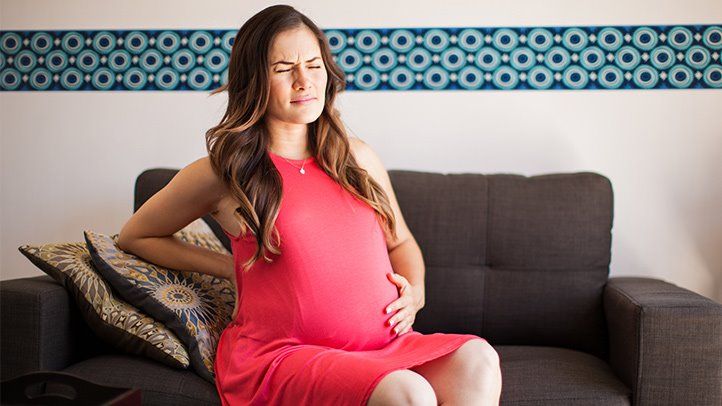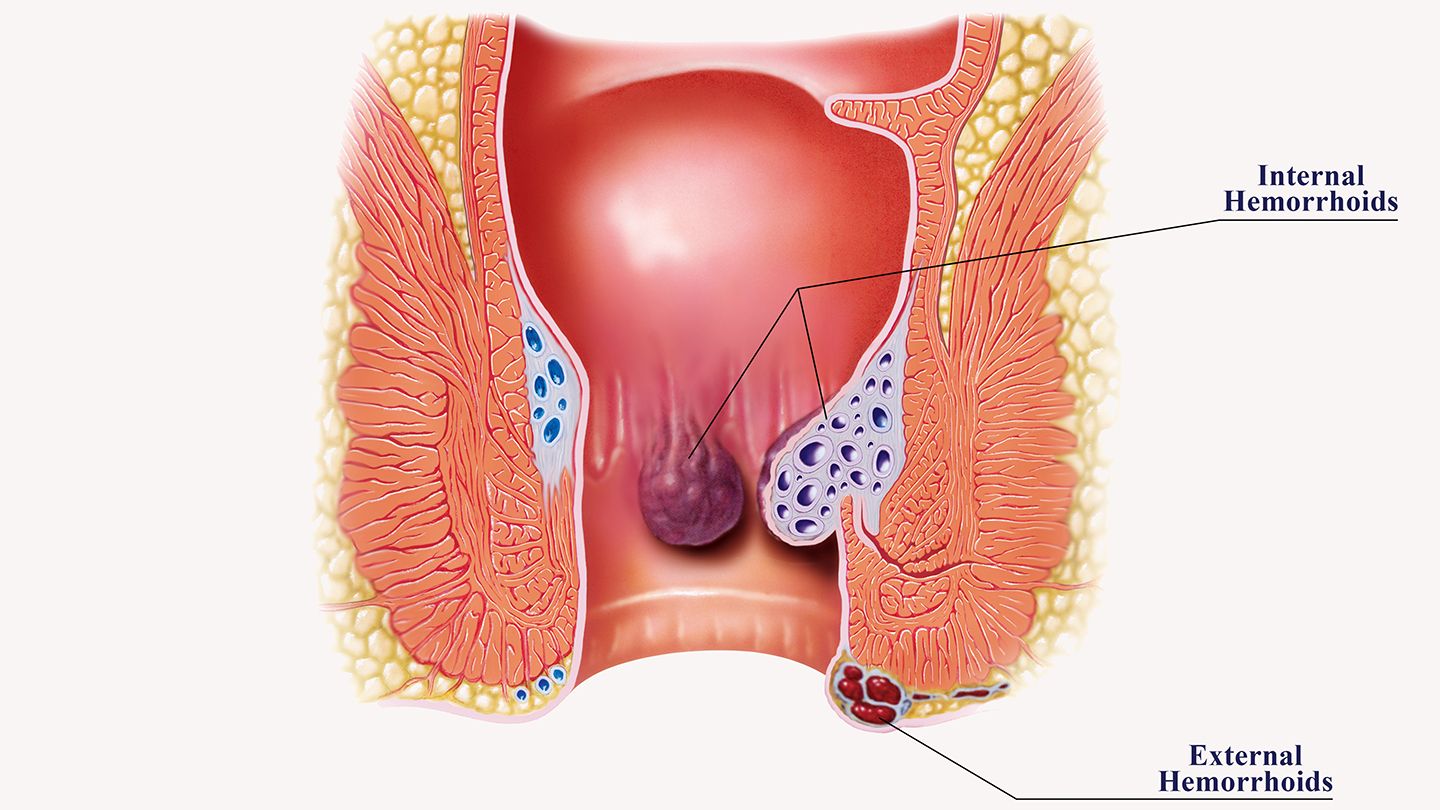The Troubles of Bowel Changes in Late Pregnancy
Being 35 weeks pregnant marks an exciting milestone - you're almost at the finish line! However, this stage of pregnancy can also bring about some uncomfortable changes, especially when it comes to your bowel movements.
It's very common to experience issues like pooping a lot more frequently at 35 weeks. The physical and hormonal changes your body is going through to support your growing baby can significantly impact your digestive system and bowel habits.
What Causes Frequent Bowel Movements in Late Pregnancy?
There are a few key reasons why you might be pooping a lot when you're 35 weeks along:
- The pressure from your expanding uterus puts pressure on your rectum, stimulating more frequent bowel movements
- Pregnancy hormones like progesterone relax smooth muscle tissue, impacting digestion
- Prenatal vitamins with iron or other supplements can have laxative effects
- Dietary changes to manage heartburn, nausea, or cravings may increase fiber intake
- Anxiety and excitement as your due date approaches can upset your stomach
Managing Frequent Bowel Movements and Diarrhea
While pooping a lot can be unpleasant, there are some things you can do for relief:
- Stay hydrated by sipping water throughout the day
- Choose bananas, rice, applesauce, and toast if you have diarrhea
- Consider using a hemorrhoid cream to soothe irritation
- Take probiotic supplements to support gut health
- Use a warm compress while pooping to ease straining
Understanding Hemorrhoids in Late Pregnancy
Along with frequent bowel movements, hemorrhoids are also very common around 35 weeks pregnant as your uterus continues expanding.
What Are Hemorrhoids?
Hemorrhoids are essentially varicose veins that form in your rectum and anus. The increased blood flow and pressure from your uterus in late pregnancy can cause the veins in this area to swell.
Internal hemorrhoids form inside the rectum and arent visible from the outside. You may not notice these unless they bleed when you poop.
External hemorrhoids occur underneath the skin around the anus. These types of swollen veins tend to be much more uncomfortable.
Hemorrhoid Symptoms to Watch For
Symptoms that indicate you may have pregnancy-related hemorrhoids include:
- Pain and soreness - particularly when sitting or pooping
- Swollen lumps - possibly with redness and inflammation
- Itching and irritation - due to difficulty with hygiene or skin tags
- Bleeding - typically mild spots of bright red blood
- Leakage - difficulty controlling bowel movements
Treating Painful Pregnancy Hemorrhoids
If you develop uncomfortable hemorrhoids around 35 weeks pregnant, there are safe at-home treatments to try:
- Use cold compresses soaked in witch hazel to reduce swelling and discomfort after bowel movements
- Consider over-the-counter topical medications made for hemorrhoids that contain active ingredients like hydrocortisone
- Try epsom salt sitz baths to relieve irritation in swollen veins
- Use wipes instead of toilet paper and pat dry instead of wiping to minimize abrasion
- Choose loose, breathable clothing and cotton underwear
When to See Your Doctor About Bowel Issues
While pooping frequently and having hemorrhoids is often perfectly normal at 35 weeks pregnant, there are some symptoms that warrant a call to your healthcare provider including:
- Severe or progressively worsening diarrhea
- Poop that contains blood or mucus
- Fever over 100.4F paired with bowel changes
- Intense rectal pain interfering with sitting, moving, or bowel movements
- Hemorrhoids with severe bleeding not relieved by at-home treatments
Getting professional care quickly for concerning bowel symptoms can help avoid complications like dehydration, skin infections, tear or abscesses.
Your provider may recommend:
- Medications to treat infection or slow bowel movements
- Procedures to drain abscesses or remove hemorrhoids
- Dietary changes to manage problematic symptoms
When to Head to The Hospital
If you ever experience the following issues around 35 weeks pregnant, you should go straight to labor and delivery or the ER:
- Strong contractions every 5-20 minutes
- Sudden significant bleeding from your vagina
- Fluid leaking steadily from your vagina
- Severe headache, vision issues, swelling, or upper abdominal pain
While frustrating bowel symptoms are often perfectly normal and manageable, these other signs could indicate preterm labor, placental abruption, or preeclampsia - all of which require rapid care to avoid threats to you or your babys wellbeing.
Dont Hesitate to Get Help!
If something doesnt feel right despite normal bowel changes, always trust your instincts and get medical support immediately. Its much better to find out any issues are harmless than risk missing early signs of real emergencies.
Prioritize your peace of mind as you navigate the final stretch until meeting your little one!
FAQs
Is pooping more than usual normal at 35 weeks pregnant?
Yes, it's very common to start pooping more frequently around 35 weeks. The physical and hormonal changes in your body put more pressure on your digestive system. As long as you don't have severe diarrhea, it's usually nothing to worry about.
What causes hemorrhoids in late pregnancy?
Hemorrhoids are varicose veins in the rectum caused by increased blood flow and pressure from your expanding pregnant uterus. The strain of frequent bowel movements can further aggravate hemorrhoids.
How can I get relief from hemorrhoid discomfort?
To reduce hemorrhoid swelling and irritation, try sitz baths, cold compresses, over-the-counter creams, keeping the area clean, wearing breathable cotton underwear, and avoiding straining during bowel movements.
When should I call my doctor about bowel changes?
Contact your provider if you have severe or worsening diarrhea, blood or mucus in stool, fever over 100.4°F with bowel changes, intense ongoing pain, or hemorrhoids with heavy bleeding not relieved by home treatment.
Disclaimer: This article is for informational purposes only and does not constitute medical advice. Always consult with a healthcare professional before starting any new treatment regimen.
Related Coverage
If you notice a pink ring around the toilet while pregnant, higher estrogen and hCG likely caused temporary urine acidity changes interacting with porcelain. Learn when it warrants concern....
Obesity can make wiping after a bowel movement difficult. Adjusting technique, using tools, and requesting assistance when needed allows proper hygiene....
If you spot something resembling a kidney bean in the toilet after a bowel movement, it likely signals protruding hemorrhoids. Learn what causes them and treatment options....
Frequent bowel movements and pooping a lot is common at 35 weeks pregnant due to physical and hormonal changes. Hemorrhoids are also likely as your uterus expands....
Chafing in the groin area is a common discomfort during pregnancy. Learn what causes it, prevention tips, home treatment options, and when to call the doctor....
Understand the potential risks and realities of pushing or straining during bowel movements in an attempt to induce labor. Learn safe strategies for managing hemorrhoids and constipation during pregnancy....
Many pregnant women safely bowl with proper precautions like using lighter balls, appropriate shoes, hydrating, and avoiding smoke-filled alleys. Learn expert advice on bowling while pregnant....
Learn about hemorrhoid symptoms, causes, home treatments, and when to consider hemorrhoid banding at home. Get step-by-step instructions on how to use a home hemorrhoid banding kit....
Learn the top anal bump causes, from hemorrhoids to warts, and know when to seek medical help. Tips for relief and prevention....
Research suggests high stress levels may increase hemorrhoid risk. Stress can contribute through mechanisms like constipation, immunity changes, and blood flow disruption....




